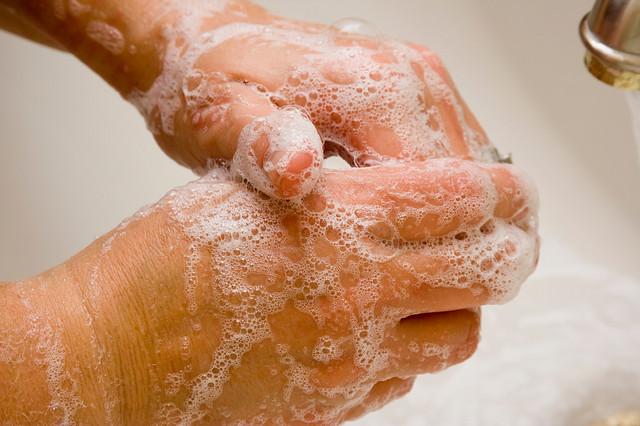By Staff Writer: Marissa VanDaelen 
Everyone always seems excited when winter ends and spring begins, especially in Michigan. But of course, when spring arrives, seasonal allergies come along. There’s no way to completely cure spring allergies, but there are definitely numerous ways to counteract them.
According to WebMD, 35 million Americans suffer from seasonal allergies. Common symptoms include sneezing, runny nose, watery eyes, coughing, itching of the eyes and nose, and dark circles under the eyes.
First, it’s important to find out exactly what it is you’re allergic too. You could try self-diagnosis or you could simply set up an appointment with your doctor. If your doctor thinks that you have allergies, he/she might send you to an allergy specialist.
Allergy specialists usually do tests in one of two ways. They either do a skin test, which involves injecting a sample of a diluted allergen under the skin of your arm or back, and if you’re allergic to anything, a red bump will form around the injected area. Or they do another test called the radioallergosorbent test. This is a blood test that detects antibody levels to a certain allergen.
If you suffer from allergies in the spring, you’re most likely allergic to a particular type of tree, grass, weed, or some type of pollen. Pollen is the biggest trigger when it comes to spring allergies.
Once you find out what you’re allergic to, you can act on it. There are several different ways you can take precaution and prevent allergies.
According to Mayo Clinic, you should try your best to reduce your exposure to allergy triggers. This means staying indoors on dry and windy days. This is when the pollen count is at its highest. The best time to go outside is after it has rained because the rain washes away allergens. You should also avoid outside chores such as lawn-mowing and gardening. If you have to work outside, it’s a good idea to wear a dust mask.
Likewise, you should take precaution when pollen counts are high. Check your local TV, Internet, or radio for pollen levels. Pollen counts are usually highest in the morning so it’s best to avoid outdoor activity at that time. You should close doors and windows on high pollen nights as well.
When dealing with allergies, it’s crucial to keep the indoor air clean. Using air conditioning in your house and car will be beneficial to you. Make sure you keep the air in your house dry with a dehumidifier as well. You can also use a portable high-efficiency particulate air filter in your bedroom and cleaning the floors regularly is sure to keep allergens out.
There are also many home remedies you can try to relieve allergies. According to ABC News, one of the best ways to treat allergies is by using saline solution. This will flush out allergens and loosen mucus. Eating a little bit of honey every day is said to potentially relieve allergies as well. Since bees transfer pollen from flowers to honey, eating some honey each day could possibly help build tolerance towards pollen. Many natural herbs and supplements can help too. The plant extract butterbur has proven to be most effective in reducing airway inflammation. Eyebright, Spirulina, and Goldenseal are also effective.
If all else fails, trying an over-the-counter remedy just might do the trick. Oral antihistamines can help with itching, sneezing, runny nose, and watery eyes. Some common antihistamines include Claritin, Zyrtec Allergy, Allegra Allergy, and Benadryl. Decongestants such as Sudafed and Afrinol can give relief from allergy nasal stuffiness too. Some allergy medications combine antihistamines and decongestants for extra relief, such as Drixoral.
Whatever allergies you have this spring, be sure to take precaution and any steps needed to prevent the annual sniffing and sneezing.









